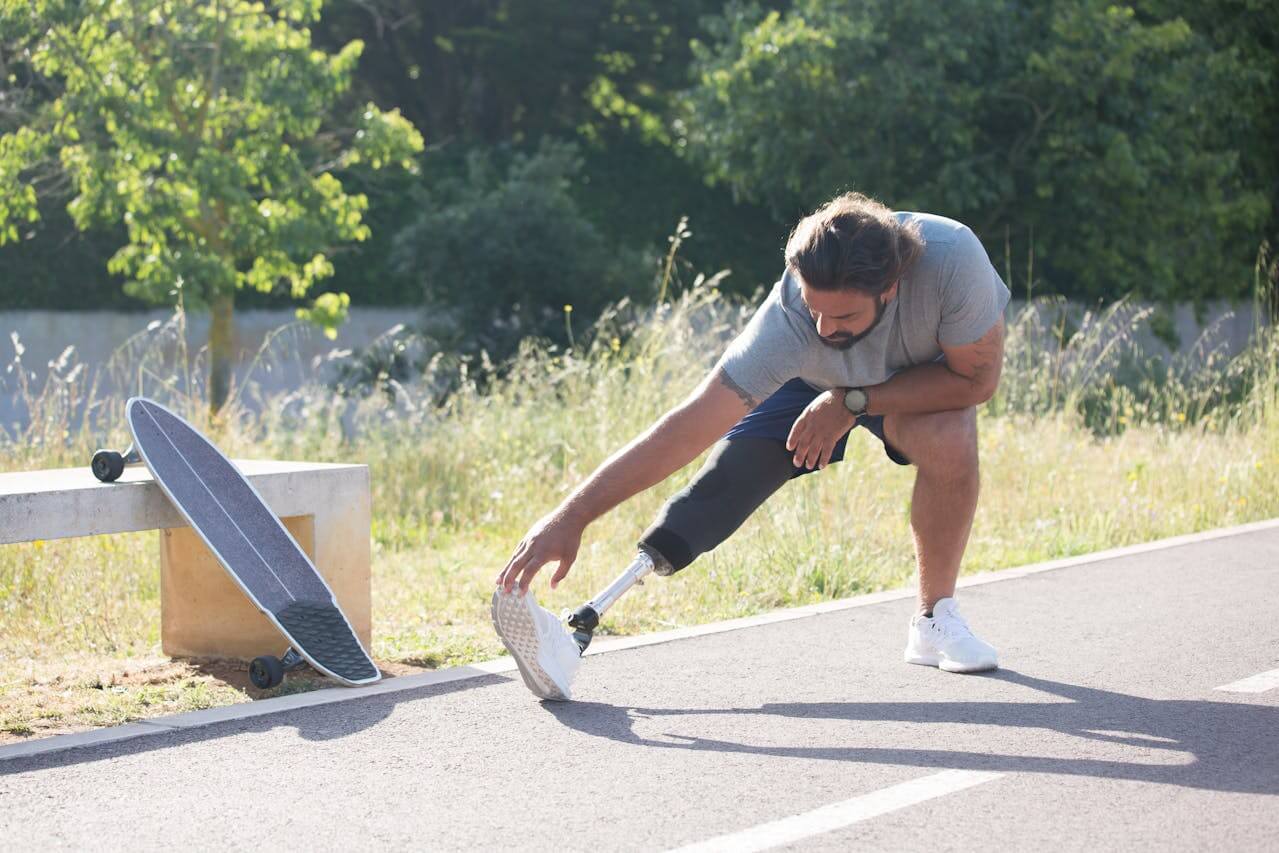In the face of adversity, the human spirit often reveals its remarkable resilience. This sentiment is profoundly embodied in the lives of amputees who, despite experiencing the loss of a limb, find renewed strength and vitality through the transformative power of prosthetics. Far from being mere functional replacements, prosthetic limbs serve as conduits to a world of independence, mobility, and possibility for those who have faced limb loss. In this exploration, we delve into the profound impact of prosthetics on amputees, shedding light on how these technological marvels restore not just physical abilities, but also dignity, confidence, and a sense of purpose.
The Journey of Adaptation
For many amputees, the journey towards embracing prosthetics begins with a myriad of emotions: grief, uncertainty, and perhaps even fear. The loss of a limb can fundamentally alter one’s sense of identity and capabilities. However, as they embark on the path of rehabilitation, guided by dedicated medical professionals and support networks, a remarkable transformation unfolds.
The process of learning to use a prosthetic limb is akin to mastering a new skill. It requires patience, perseverance, and unwavering determination. Initially, simple tasks may seem daunting, but with each milestone achieved, confidence grows. Whether it’s taking the first steps with a prosthetic leg or mastering the dexterity of a prosthetic hand, every achievement represents a triumph over adversity.
Restoring Independence
One of the most profound benefits of prosthetics is the restoration of independence. For amputees, regaining the ability to perform everyday activities independently is nothing short of liberating. Tasks that were once taken for granted – from walking to cooking to driving – become attainable once again, fostering a renewed sense of self-sufficiency and autonomy.
Consider the story of Sarah, a young woman who lost her leg in a car accident. Initially, Sarah struggled with feelings of helplessness and dependency. However, with the support of her rehabilitation team, she embarked on a journey of physical and emotional recovery. Through the use of a state-of-the-art prosthetic limb, Sarah regained her mobility and independence. Today, she navigates the world with confidence, pursuing her passions and dreams with unwavering determination.
Enhancing Quality of Life
Beyond facilitating practical tasks, prosthetics play a pivotal role in enhancing the overall quality of life for amputees. By restoring mobility and functionality, prosthetic limbs enable individuals to engage more fully in social, recreational, and vocational pursuits. Whether it’s playing sports, pursuing hobbies, or returning to work, prosthetics open doors to a myriad of opportunities that might otherwise be out of reach.
Moreover, prosthetics can have a profound impact on mental well-being. For many amputees, the psychological toll of limb loss can be significant, leading to feelings of isolation, depression, and diminished self-esteem. However, by providing a sense of normalcy and empowerment, prosthetic limbs can alleviate these psychological burdens, fostering a renewed sense of confidence, resilience, and optimism.
Beyond Functional Replacements
It’s essential to recognize that prosthetics are far more than mere functional replacements for missing limbs; they are symbols of resilience, innovation, and human potential. Today’s prosthetic technologies are more advanced than ever, incorporating cutting-edge materials, biomechanics, and design principles to mimic the form and function of natural limbs with remarkable precision.
From lightweight carbon-fiber blades that enable amputees to run marathons to bionic hands equipped with intricate sensors and actuators that replicate natural movement, the possibilities are truly awe-inspiring. However, it’s not just the technological advancements that make prosthetics transformative; it’s the profound impact they have on the lives of those who use them.
Conclusion
In the face of adversity, amputees exemplify the resilience of the human spirit. Through the transformative power of prosthetics, they transcend physical limitations, reclaiming their independence, dignity, and sense of purpose. While the journey of adaptation may be challenging, the rewards are immeasurable. Prosthetics not only restore mobility and functionality but also empower amputees to embrace life’s possibilities with newfound confidence and resilience. In doing so, they serve as powerful symbols of hope, courage, and the indomitable nature of the human spirit.



